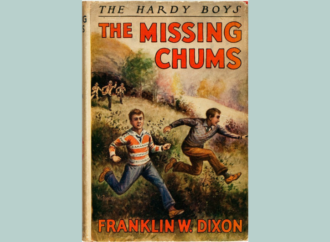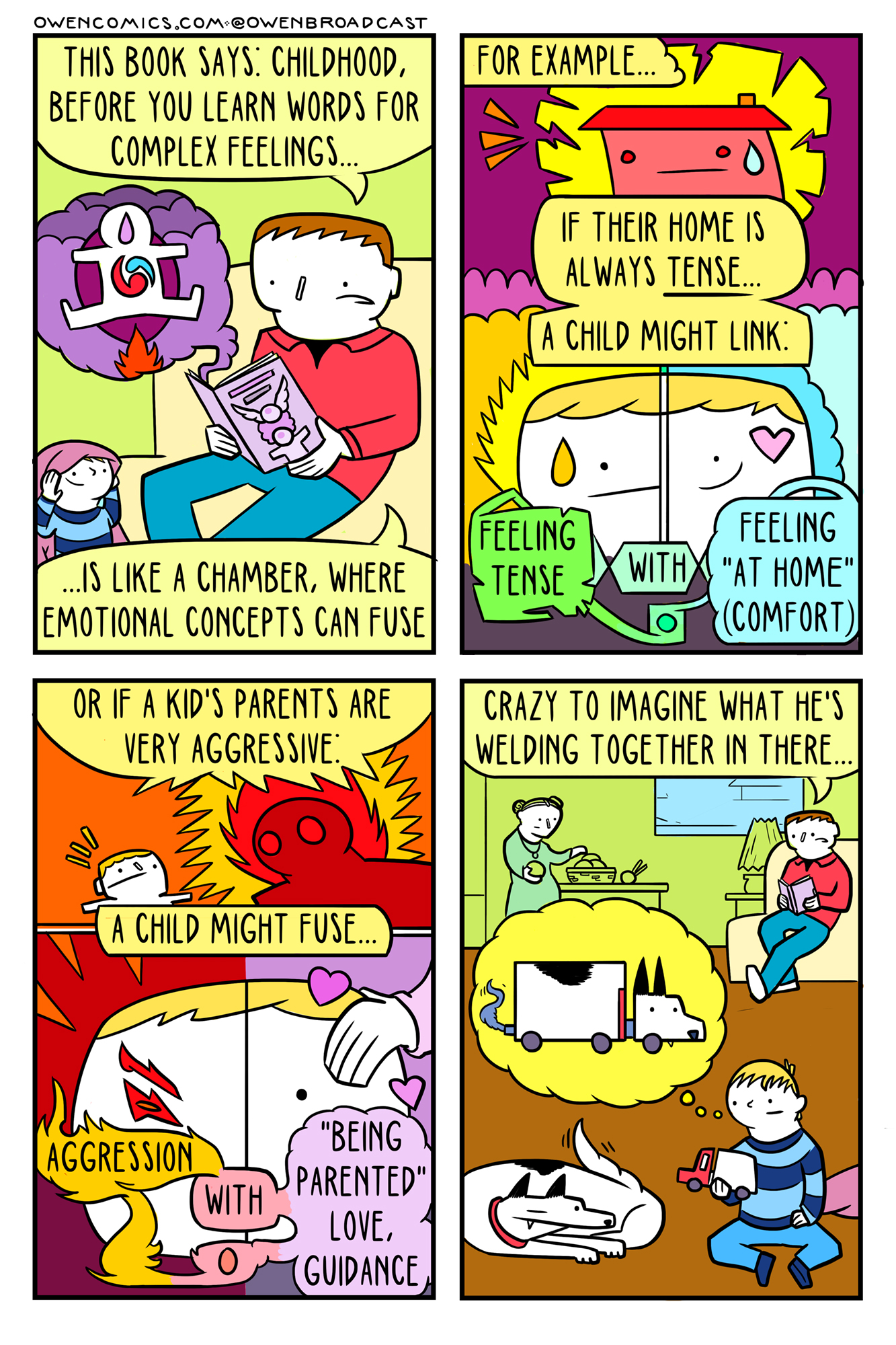Earlier this month, Irish voters delivered a stunning ballot-box upset by voting down two anti-family measures that had been heavily promoted by the ruling center-right government and enjoyed widespread support in the media and among the chattering class.
Conducted via a double referendum, the two proposals sought to alter Ireland’s constitution to diminish the value of marriage within the family unit and to demote women from the center of home life.
The Irish Constitution was drafted in 1937 and famously reflects the traditional Catholic values of the Emerald Isle nation.
Article 41 defines the family as “the natural primary and fundamental unit group of Society” and “a moral institution possessing inalienable and imprescriptible rights.” It adds that “the State pledges itself to guard with special care the institution of Marriage, on which the Family is founded, and to protect it against attack.”
The ostensibly conservative government, led by Taoiseach (Prime Minister) Leo Varadkar, proposed a constitutional redefinition of family as an institution “founded on marriage or on other durable relationships.”
Also in Article 41, Ireland’s national charter explains that “by her life within the home, woman gives to the State a support without which the common good cannot be achieved,” and that therefore “mothers shall not be obliged by economic necessity to engage in labour to the neglect of their duties in the home.” The Varadkar government has likewise sought to reword this clause to make it gender neutral.
To the shock of the ruling class, the first proposal was declined by 68 percent of voters, and the second was rejected by an overwhelming 74 percent– the highest no vote percentage ever recorded in an Irish referendum.
The result was all the more impressive considering that Ireland’s two most recent referendums in 2015 and 2018, which sought the public’s blessing on same-sex marriage and abortion respectively, were approved by more than 60 percent of voters.
Ireland’s unexpected endorsement for traditional family structure has reverberated around the Western world at a time when traditional notions about family face increased attack.
It is interesting to consider that, in the absence of all contemporary politicking, most Westerners would find themselves in agreement with the Irish on this question.
As a brand new father myself, I certainly do.
For thousands of years, the traditional family structure—comprising a father, mother, their natural offspring, and even grandparents and extended family—has stood as a cornerstone of individual wellbeing, social stability, community cohesion, and economic prosperity.
Family is the first and most fundamental place where children are nurtured, love is embodied, character is shaped, faith is personified, virtues are transmitted, traditions are preserved, and culture is passed on.
A family provides many benefits not available anywhere else: an environment characterized by both structure and unconditional love; a sense of immutable belonging and emotional support to each of its members; a conduit for preserving ancient, unspoken truths; and a glue that bonds all society together.
Most importantly, the family preserves the natural bonds between a child’s mother and father—both of whom are irreplaceable by virtue of their unique, gendered differences.
Additionally, it has been long recognized that the traditional family structure plays a crucial role in promoting economic prosperity. It allows for a division of labor that optimizes resource allocation and thereby enhances the overall quality of life for each member. As studies continue to affirm, children raised in stable, traditional families exhibit higher academic achievement, emotional well-being, and social adaptability compared to those from non-traditional family structures.
Through self-reliance, private property ownership, financial independence, and inheritance, strong families may be the last bulwark against corporate, state, and other predatory interests that seek to exploit wealth and erode prosperity.
It is no coincidence that Karl Marx and Friedrich Engels in The Communist Manifesto expressed a desire to abolish the traditional family. They saw the family as a tool of capitalist oppression that perpetuated class distinctions and hindered the progress toward a classless society.
“The bourgeoisie has torn away from the family its sentimental veil, and has reduced the family relation to a mere money relation,” they infamously wrote.
“The bourgeois clap-trap about the family and education, about the hallowed co-relation of parents and child, becomes all the more disgusting, the more, by the action of Modern Industry, all the family ties among the proletarians are torn asunder, and their children transformed into simple articles of commerce and instruments of labour.”
To this claim they added that “The bourgeois family will vanish as a matter of course when its complement [the proletarian family] vanishes, and both will vanish with the vanishing of capital.” In the communist utopia of the future, they believed, the family would be replaced by a classless society in which men and women would pair off merely for non-monogamous friendship and the reproduction of children. Children, in turn, would be raised by the whole community.
Ironically, under communism, parents and children would all be reduced to “instruments of labour,” bringing about the bleak state of affairs that Marx and Engels purported to critique.
Over a century and a half later, their ideas lie in the dustbin of history, while the traditional family lives on and continues to breathe life into our weary world.
And don’t the Irish know it.
—
Image credit: Pexels
1 comment















1 Comment
Dan
March 27, 2024, 7:26 pmDont give them too much credit, they are harsh when it comes to the womb where families begin. They are very supportive of abortion.
REPLY